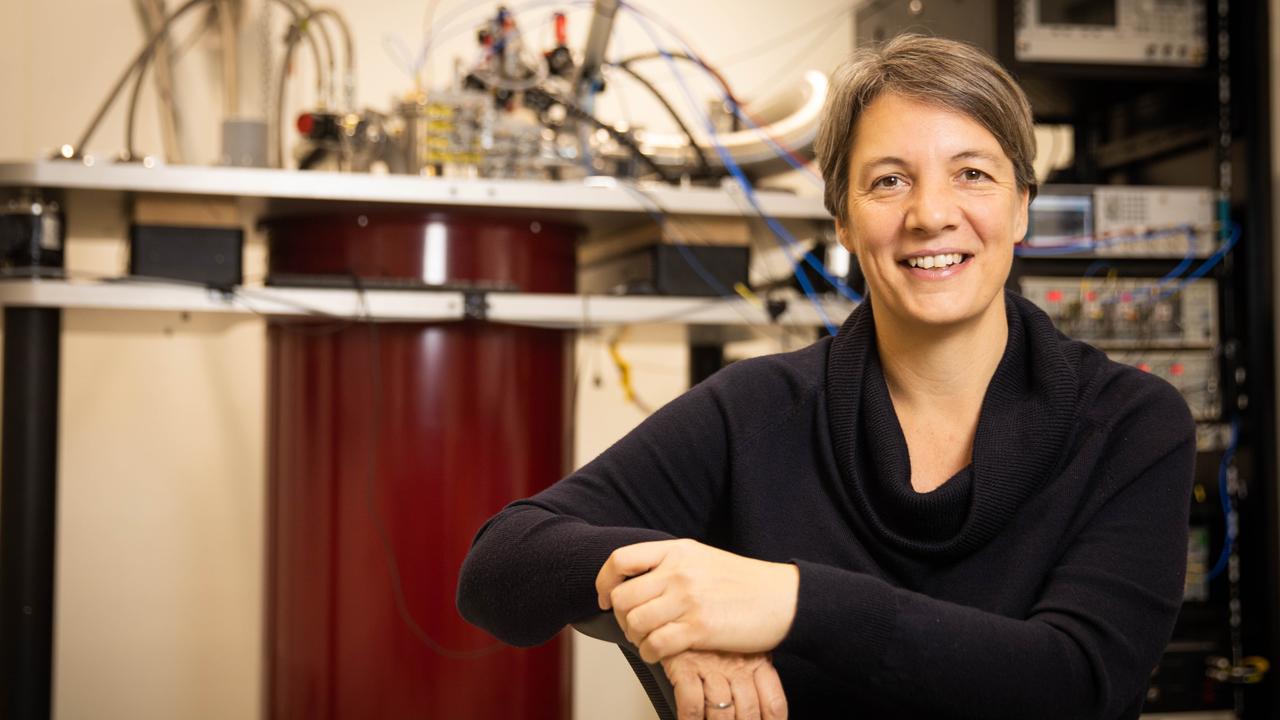Carolyn Evans appointed as new VC of Griffith Uni
Griffith University has chosen the University of Melbourne’s Carolyn Evans as its new vice-chancellor.

In today’s Higher Ed Daily Brief: New Griffith VC, Indonesian links
Carolyn Evans for Griffith
Griffith University has chosen the University of Melbourne’s Carolyn Evans as its new vice-chancellor to replace Ian O’Connor who is standing down after an extraordinary 14 years in the job. Professor Evans, currently the deputy vice-chancellor (graduate and international) at Melbourne, is a former dean of the Melbourne Law School and a Rhodes scholar with a doctorate from Oxford University.
She said she was honoured to be appointed to lead one of Australia’s most innovative universities. “I am committed to continuing Griffith’s distinctive traditions of interdisciplinarity, innovation, excellence and social justice which have allowed it to be recognised as one of the top 50 international universities under 50 years old,” she said.
Professor Evans will be only the fifth vice-chancellor of Griffith University. Interestingly the third Griffith vice-chancellor was her current boss at the University of Melbourne, Glyn Davis, who handed over to Professor O’Connor when he became Melbourne’s vice-chancellor 14 years ago. (Professor Davis also departs the Melbourne role shortly.)
Professor Davis said the appointment of Professor Evans to the new role was the “best possible recognition” of her capabilities. “Carolyn Evans is an outstanding choice to lead Griffith University. She has vision, courage and intelligence in abundance,” he said.
She will commence at Griffith in February 2019.
Closer Indonesian ties
Universities have responded enthusiastically to the prospect of the free trade agreement with Indonesia, which is expected to be formally signed soon. Universities Australia chief executive Catriona Jackson said granting greater access for Australian universities to operate in Indonesia under the new agreement would further deepen ties between the two countries.
“People-to-people contact is one of Indonesia’s five key priorities in any trade agreement with Australia — and universities are one of the most powerful vehicles to forge those connections,” Ms Jackson said.
“As Indonesian government officials have noted, if Australian universities open campuses in Indonesia, this would make the possibility of an international, world-class education accessible to many more Indonesian citizens. It would also give Australian universities a key role as education partners as Indonesia opens up its higher education sector to the world.”


